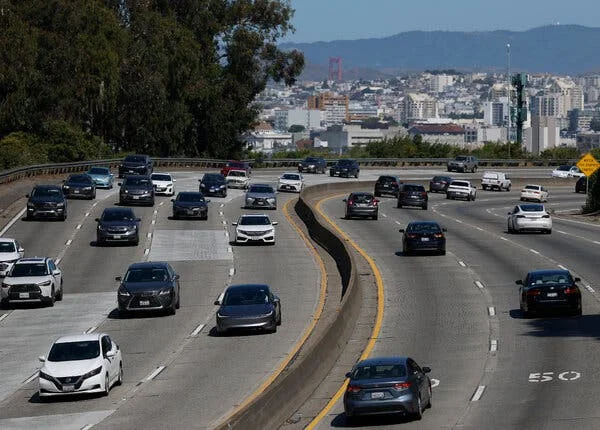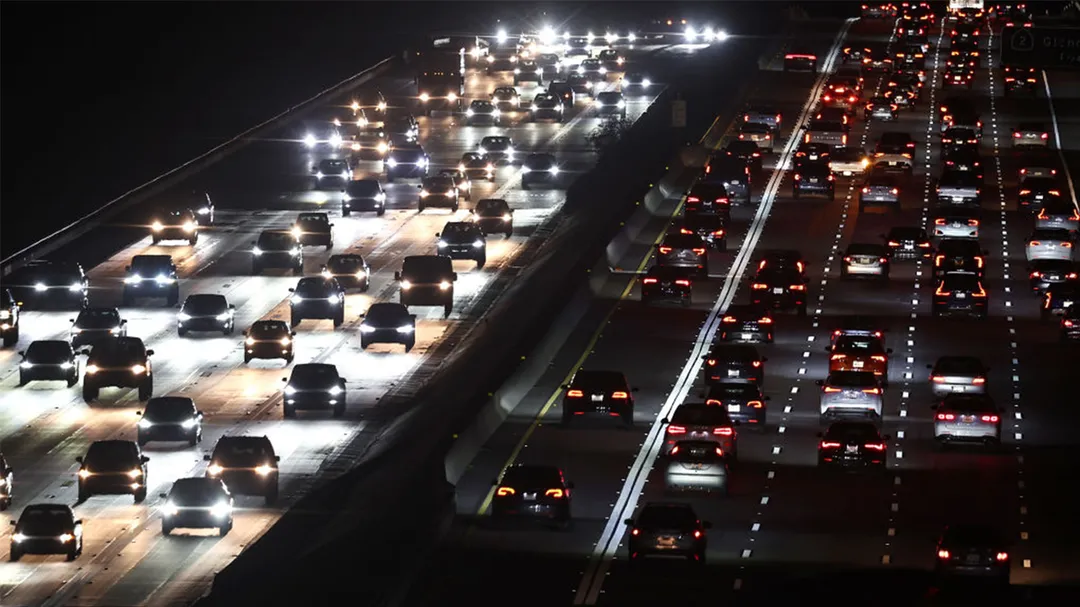
Can California’s Electric Vehicle Revolution Survive a Federal Showdown?
In a heated clash between state ambition and federal authority, California is gearing up for a legal battle that could reshape the future of transportation in the U.S. At stake is the state's pioneering push to ban the sale of new gas-powered cars by 2035, a move aimed at combating climate change and improving air quality. As the Trump administration moves to block these regulations, questions arise about the balance between environmental progress and economic realities, drawing national attention to this pivotal debate.
California, home to some of the worst air pollution in the nation, has long held special waivers under the Clean Air Act to enforce stricter emissions standards. In 2020, Governor Gavin Newsom announced plans to phase out gas-powered vehicles, requiring zero-emission cars to make up 43% of new sales by 2027, rising to 100% by 2035. This policy, along with rules targeting emissions from trucks, has been adopted by states like New York and Colorado. However, Republican-led efforts in Congress are targeting these waivers, with Senate Majority Leader John Thune labeling them as an 'improper expansion' that could strain the economy and energy supply.

Opponents, including the National Automobile Dealers Association and trucking groups, argue that mandating electric vehicles (EVs) is premature, citing concerns over the nation's grid capacity and infrastructure readiness. Thune pointed to California's past struggles with power outages during heat waves, warning that a surge in EVs could exacerbate these issues. On the other hand, Newsom and state officials counter that California is investing heavily in grid expansion and charging stations, aiming for net-zero emissions by 2045. They emphasize the public health benefits, as rules curbing nitrogen oxides and particulate matter from trucks could reduce pollution-related illnesses.
The debate intensified when the House voted to block the waivers, and the Senate is poised to follow suit. Newsom has vowed to sue, calling it an illegal misuse of the Congressional Review Act. Meanwhile, figures like State Senator Tony Strickland praise the federal intervention, highlighting affordability challenges for consumers amid rising energy demands. Automakers like Ford and Volkswagen have hedged their bets, committing to some standards but not the full ban, underscoring the uncertainty.
Analysts compare this to broader national trends: while EVs promise to cut planet-warming emissions—vehicles being a major source—critics warn of potential economic fallout, including job losses in traditional auto sectors. Duke University professor Timothy Johnson notes that while the U.S. grid can likely handle increased EV demand with upgrades, localized strains could occur without proper investment. This standoff not only pits environmental goals against fiscal concerns but also raises questions about states' rights versus federal oversight.
In the end, the outcome could set a precedent for climate policy nationwide. Will California's innovative drive toward sustainability prevail, or will federal resistance prevail? As states like Vermont begin to pause their own EV targets, the ripple effects are clear. Readers, what are your thoughts on this balance of green innovation and practical challenges? Share your views in the comments below and help shape the conversation.